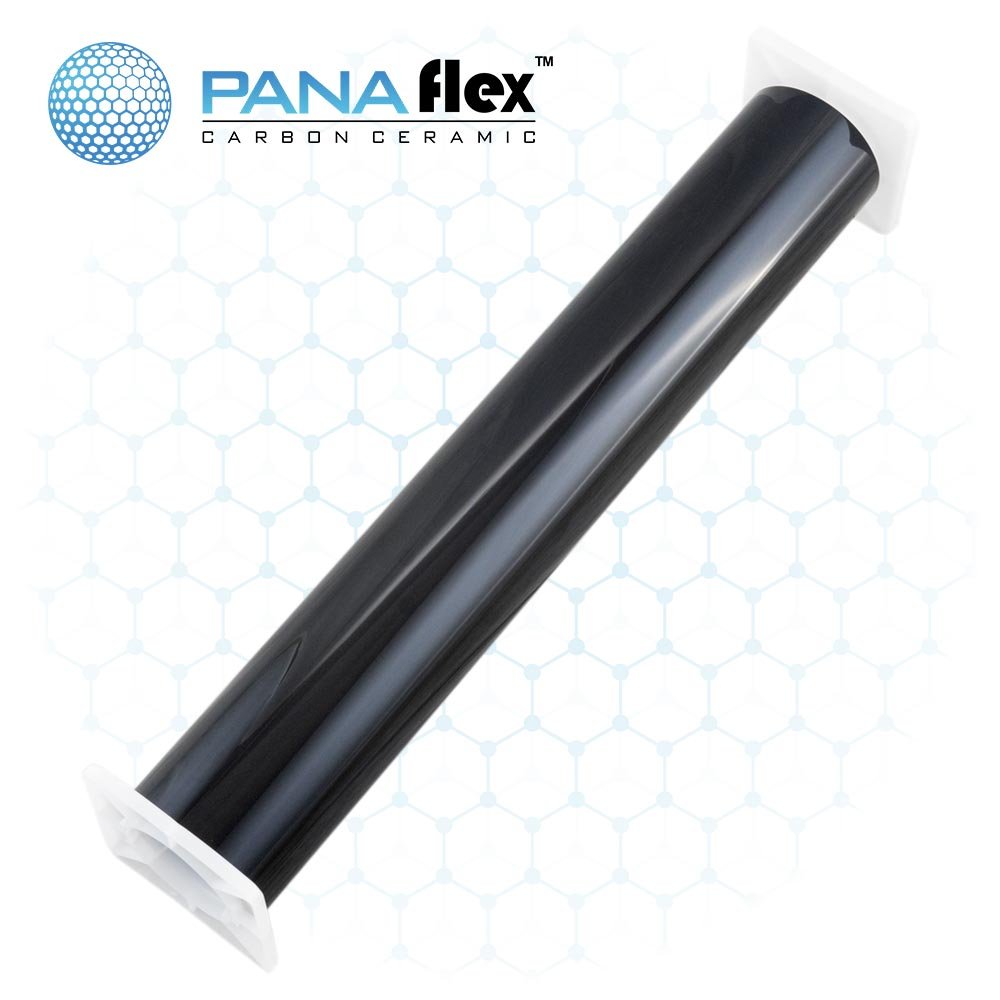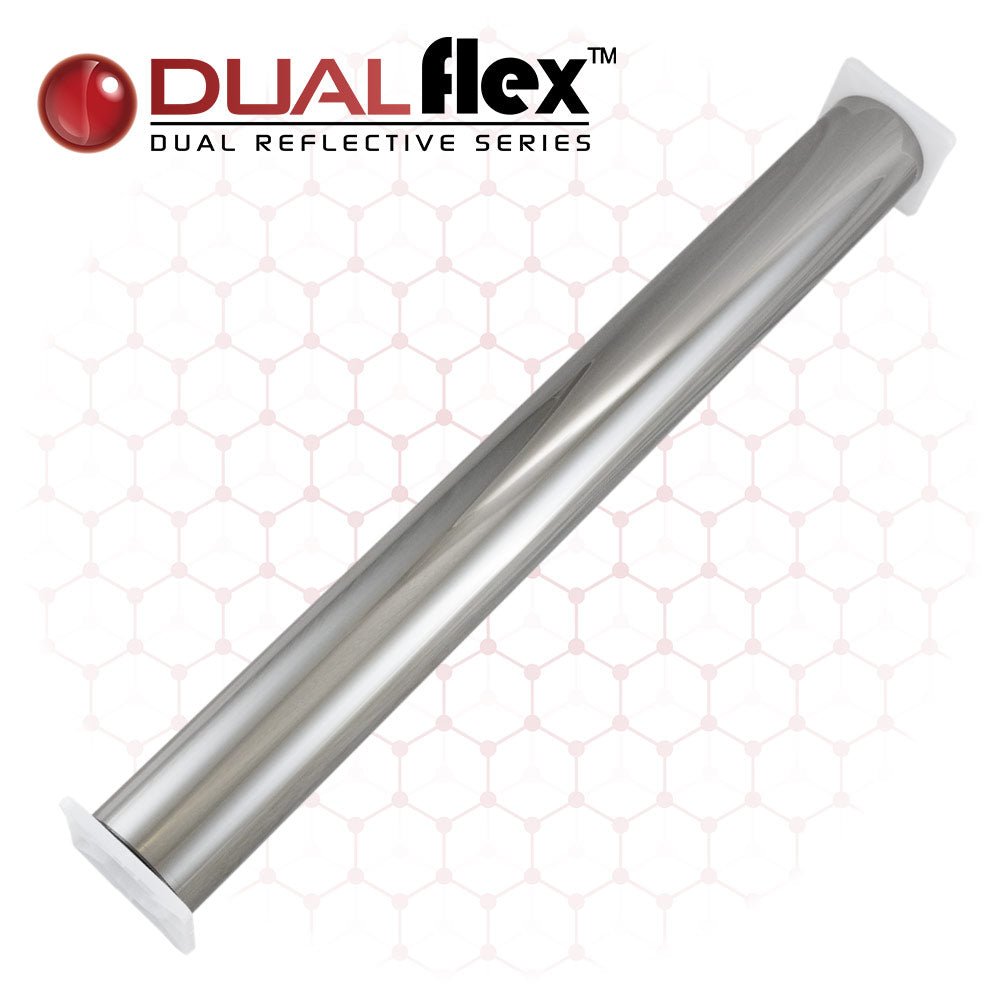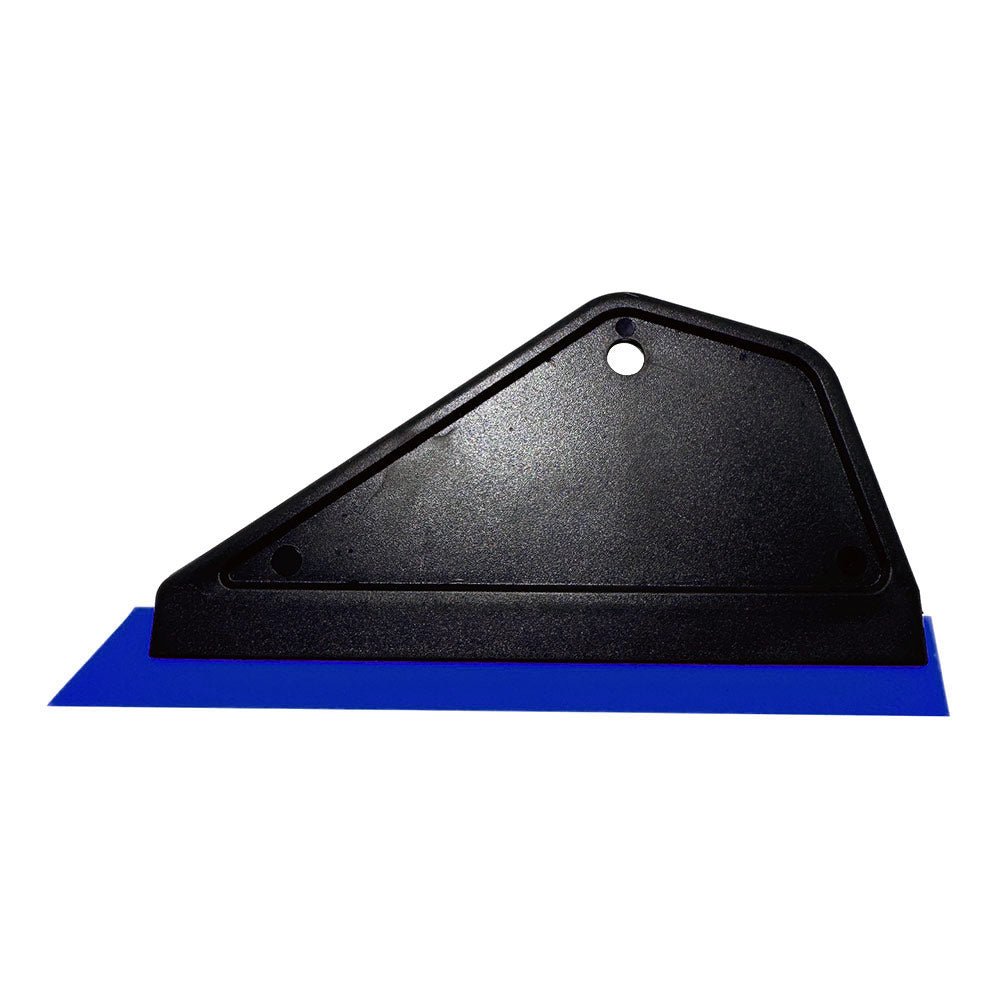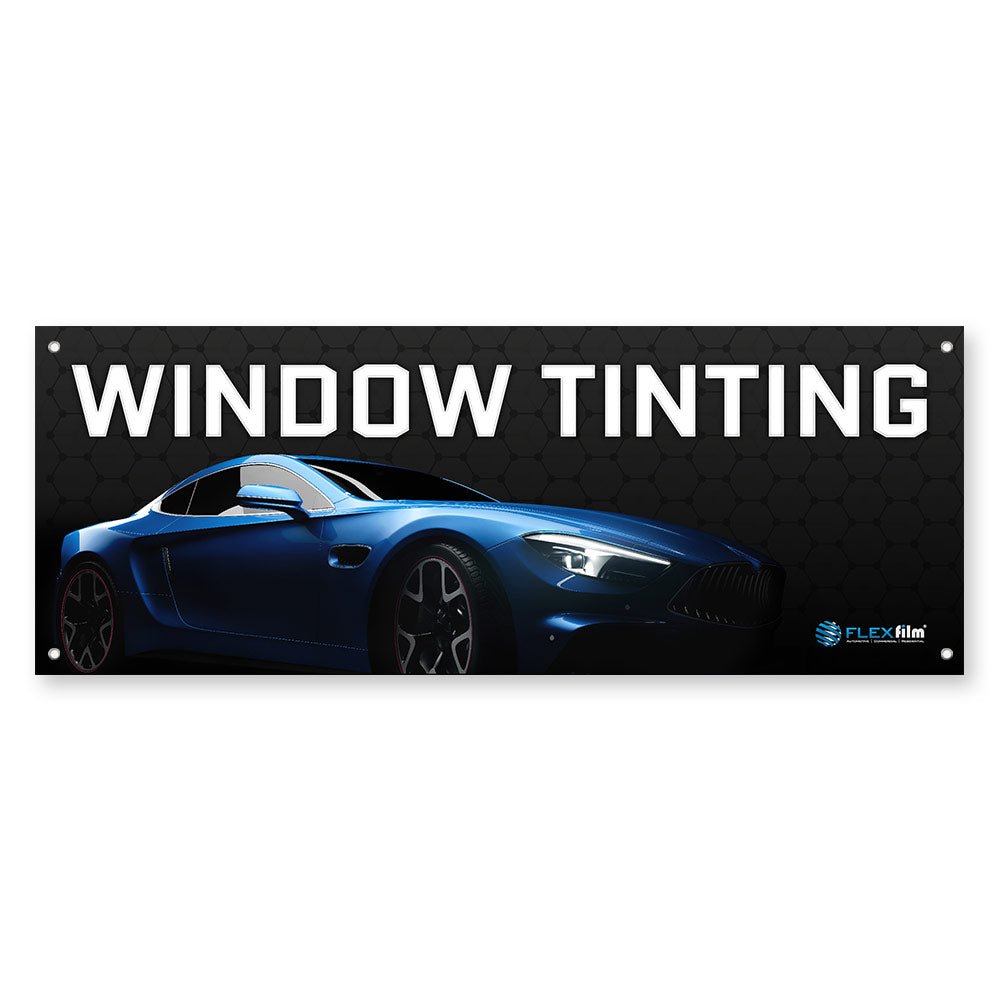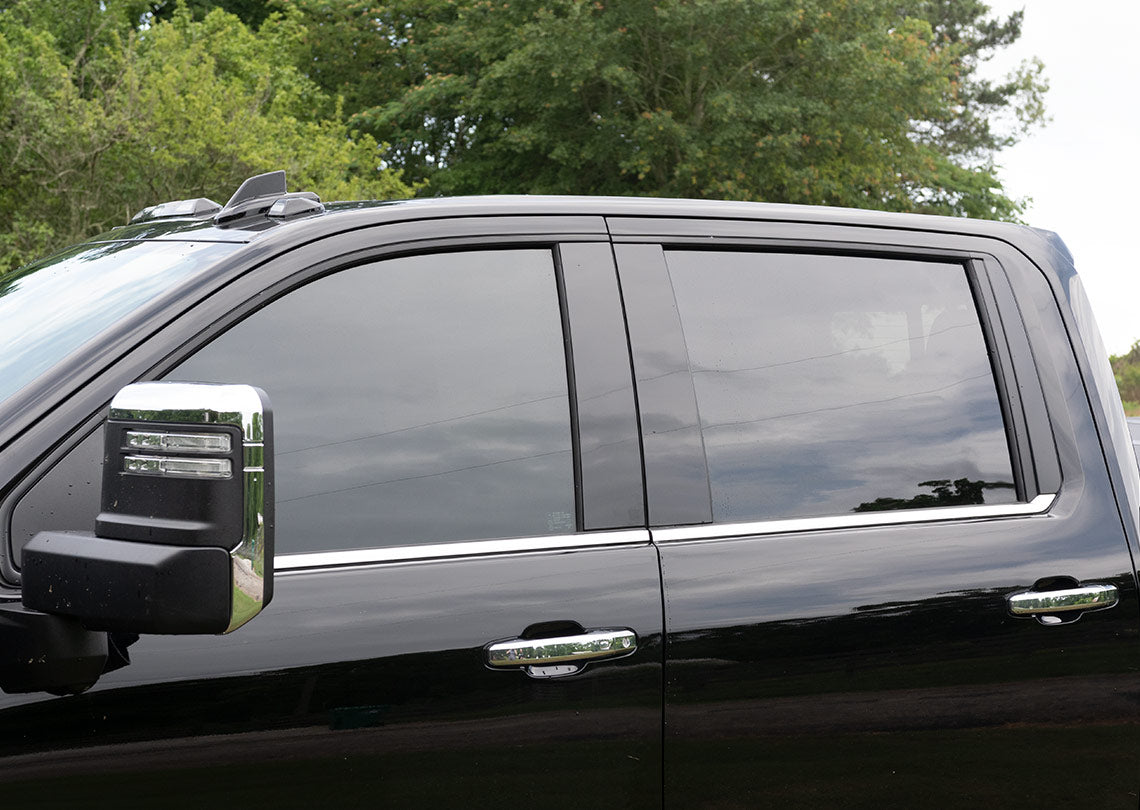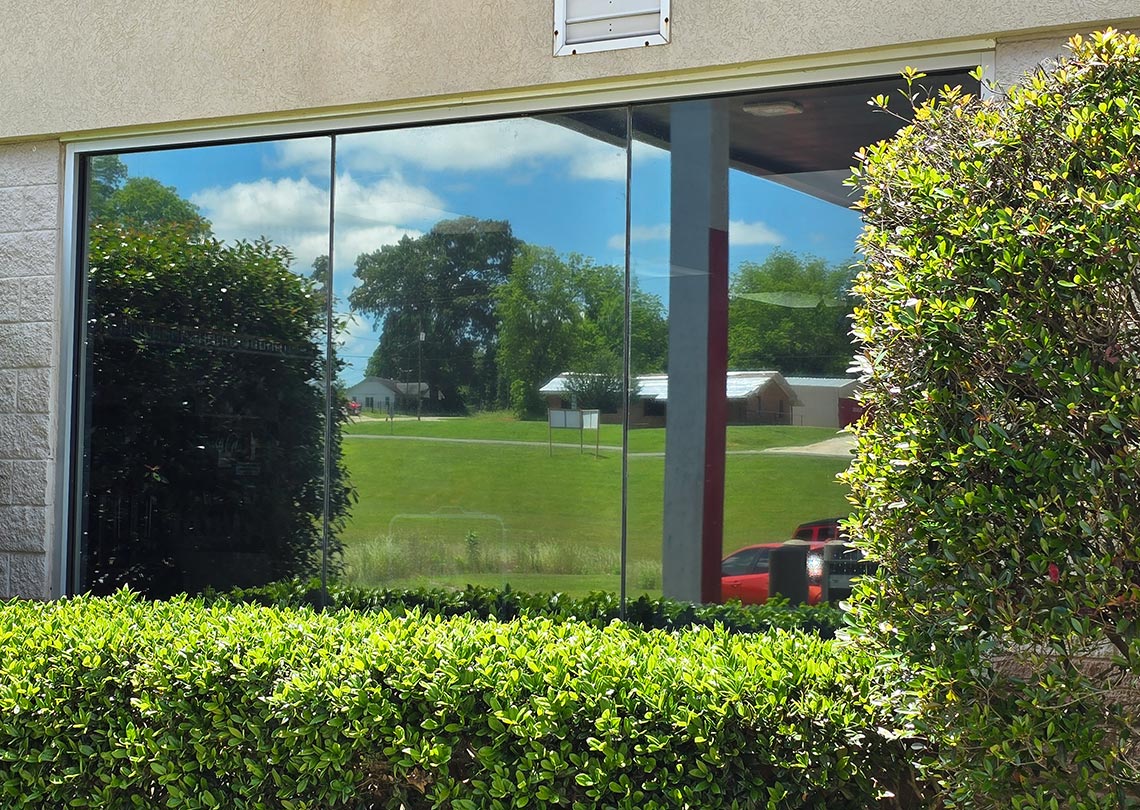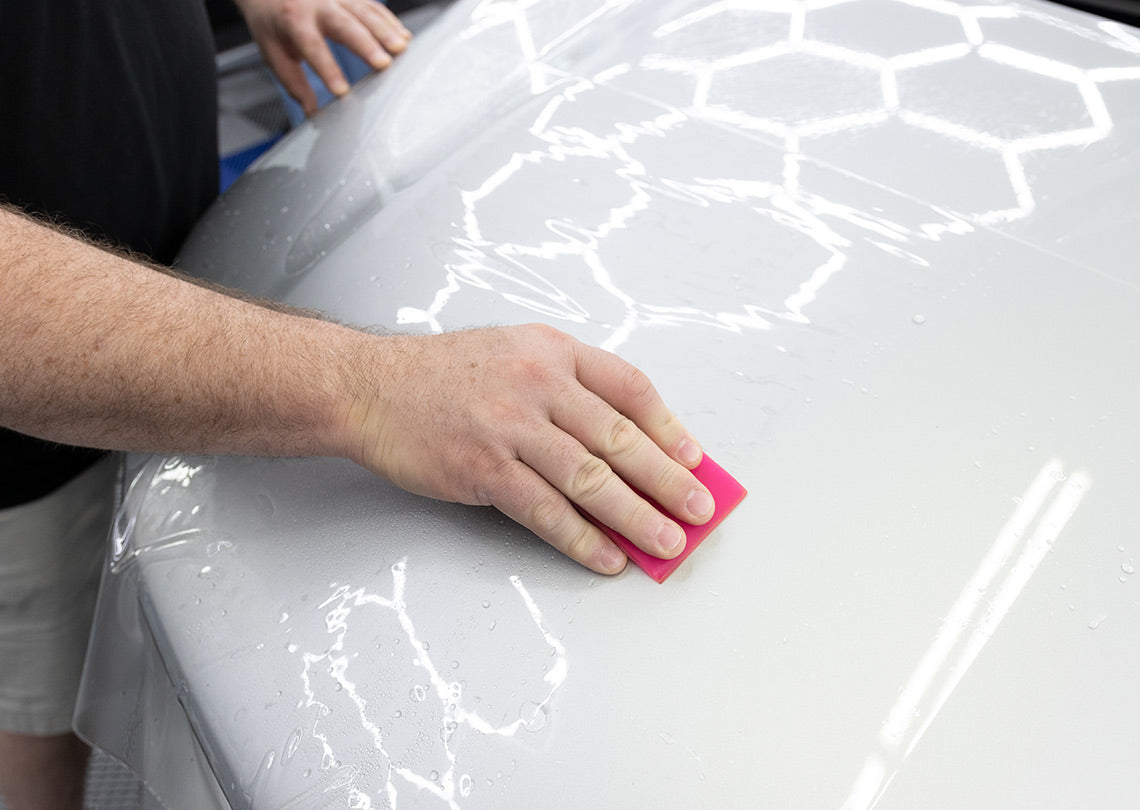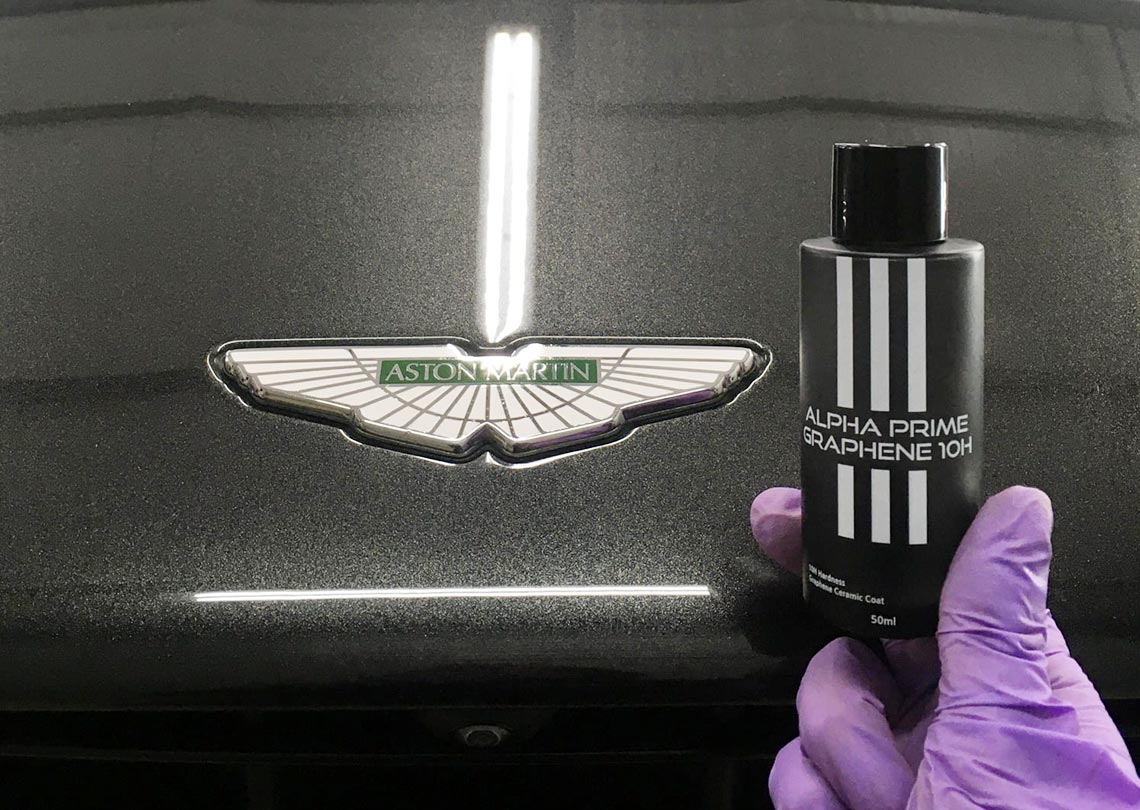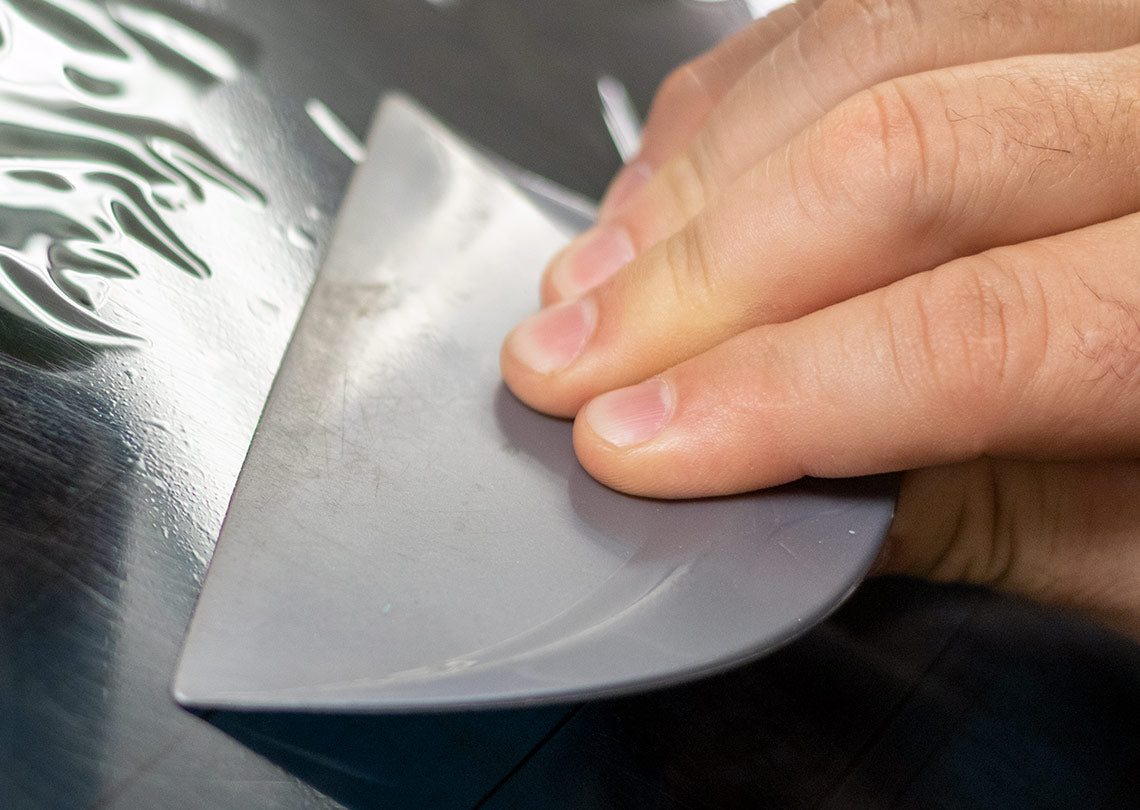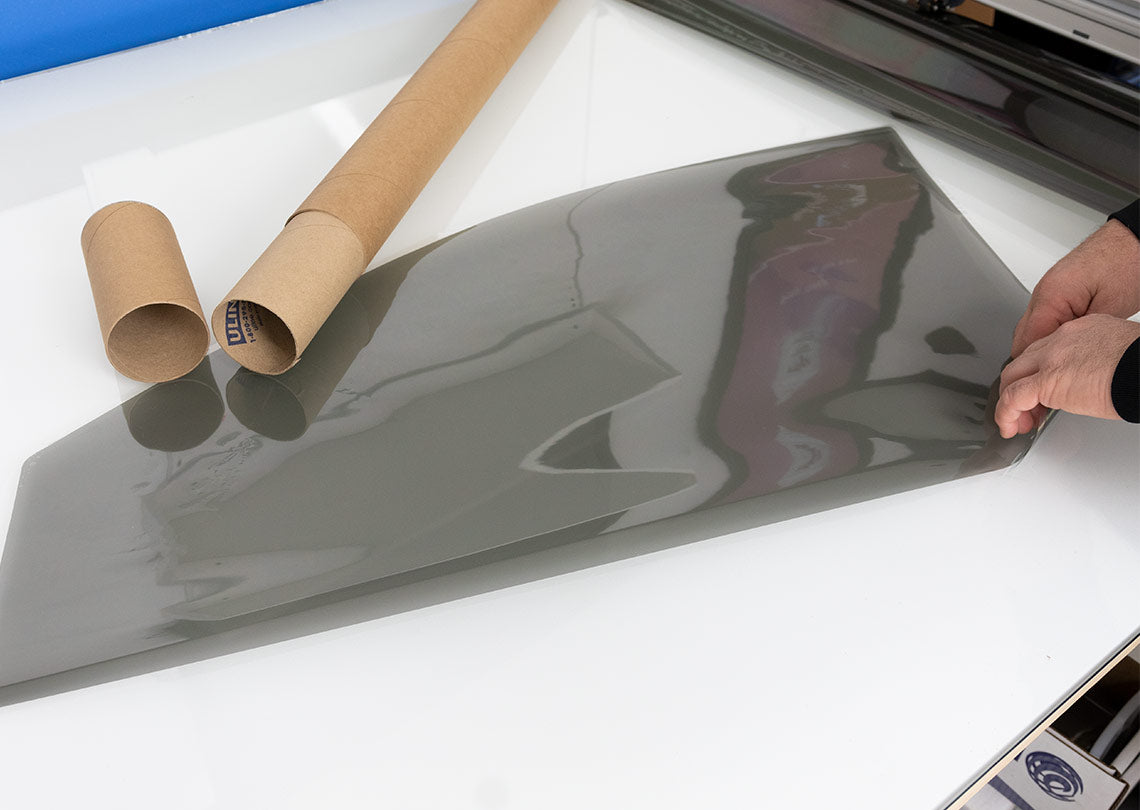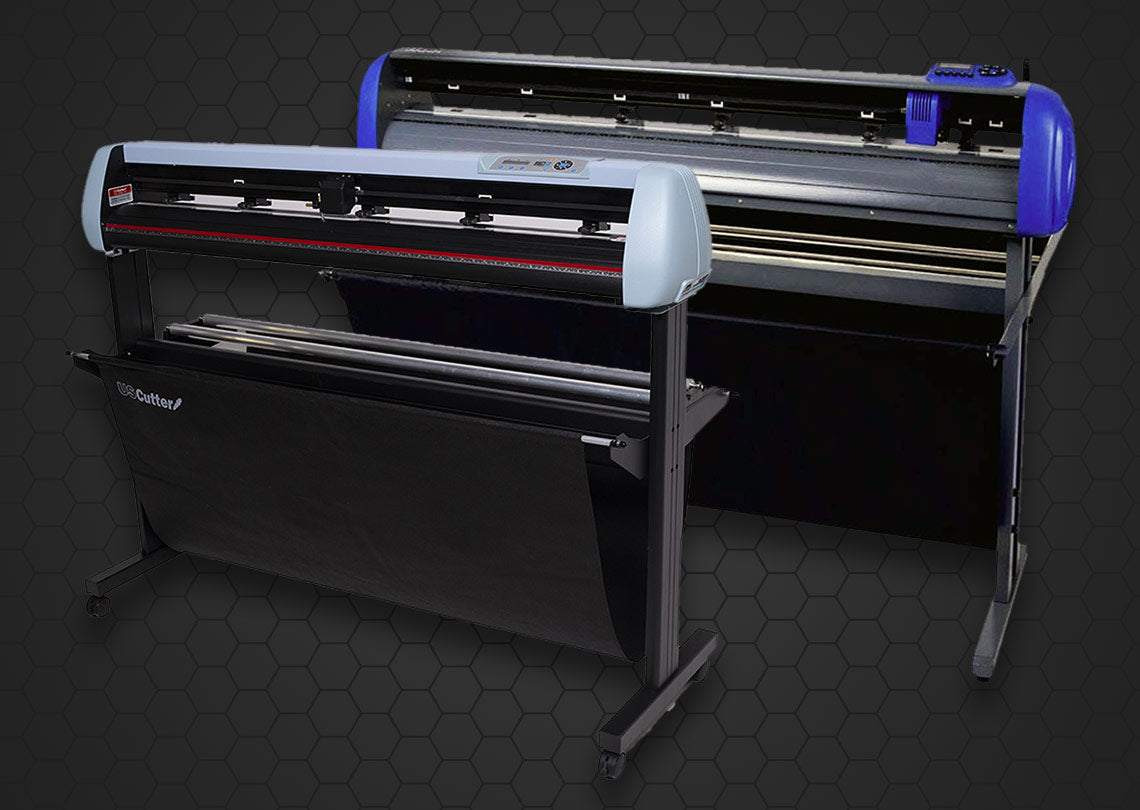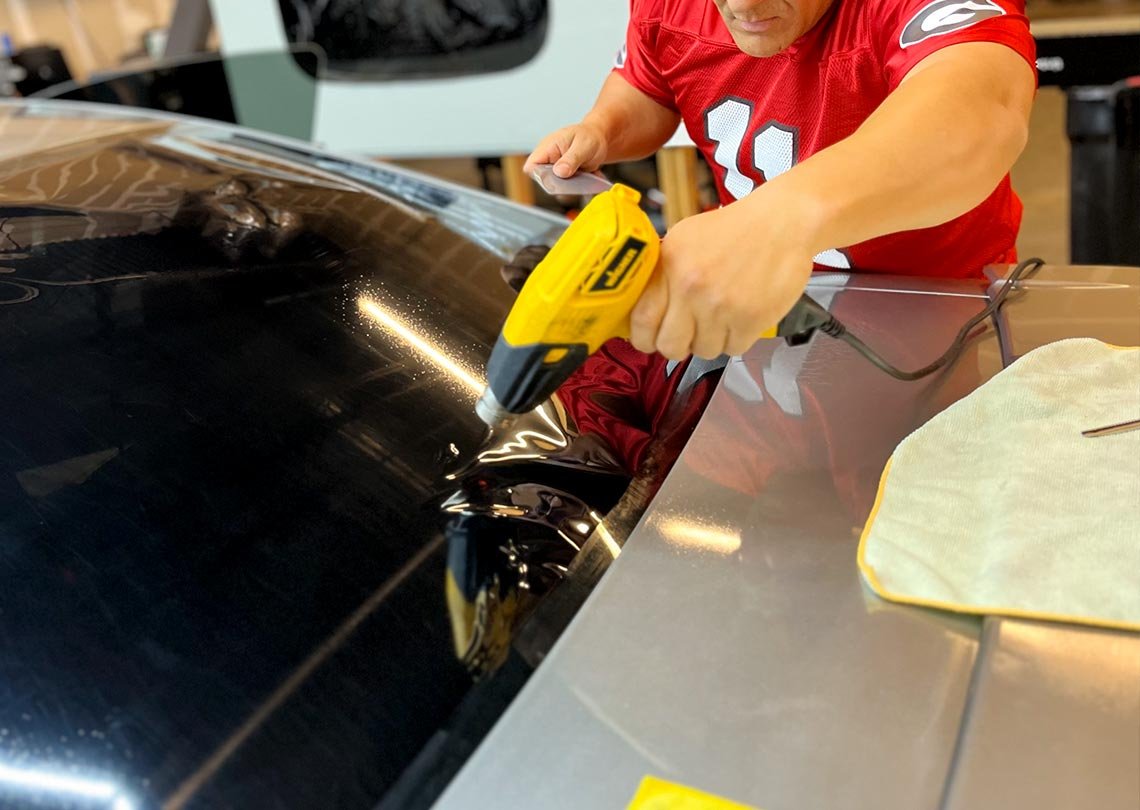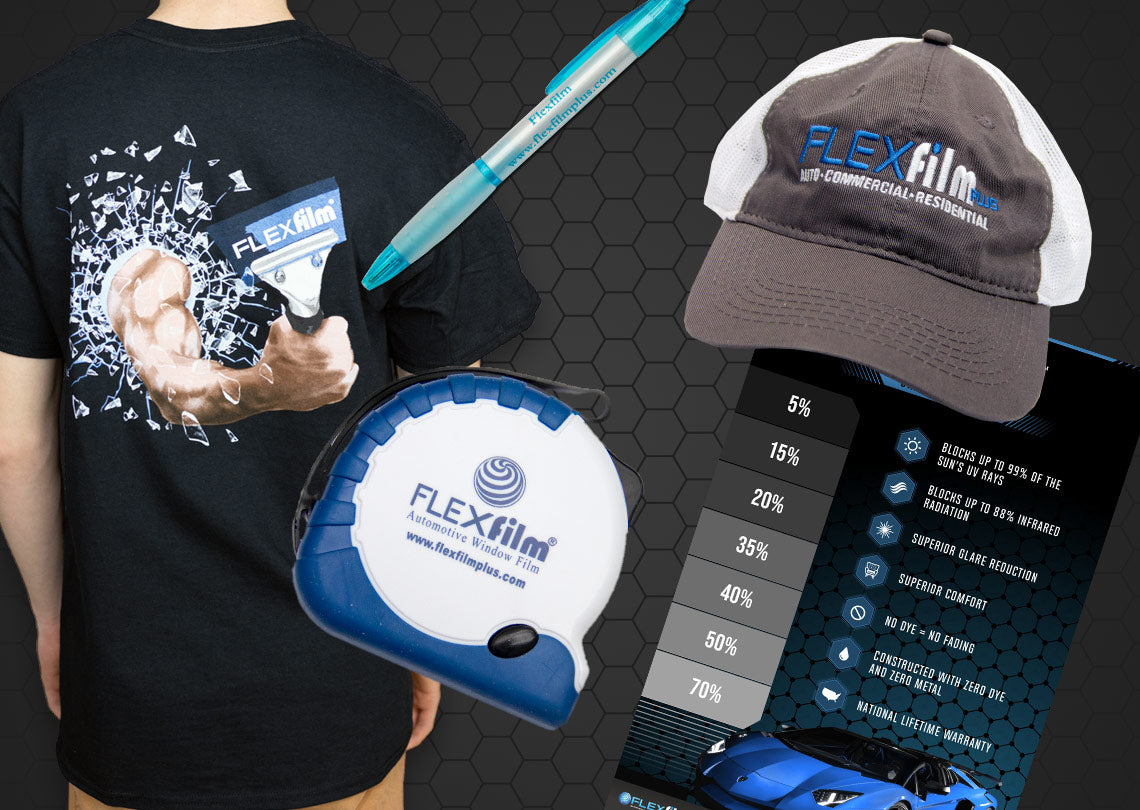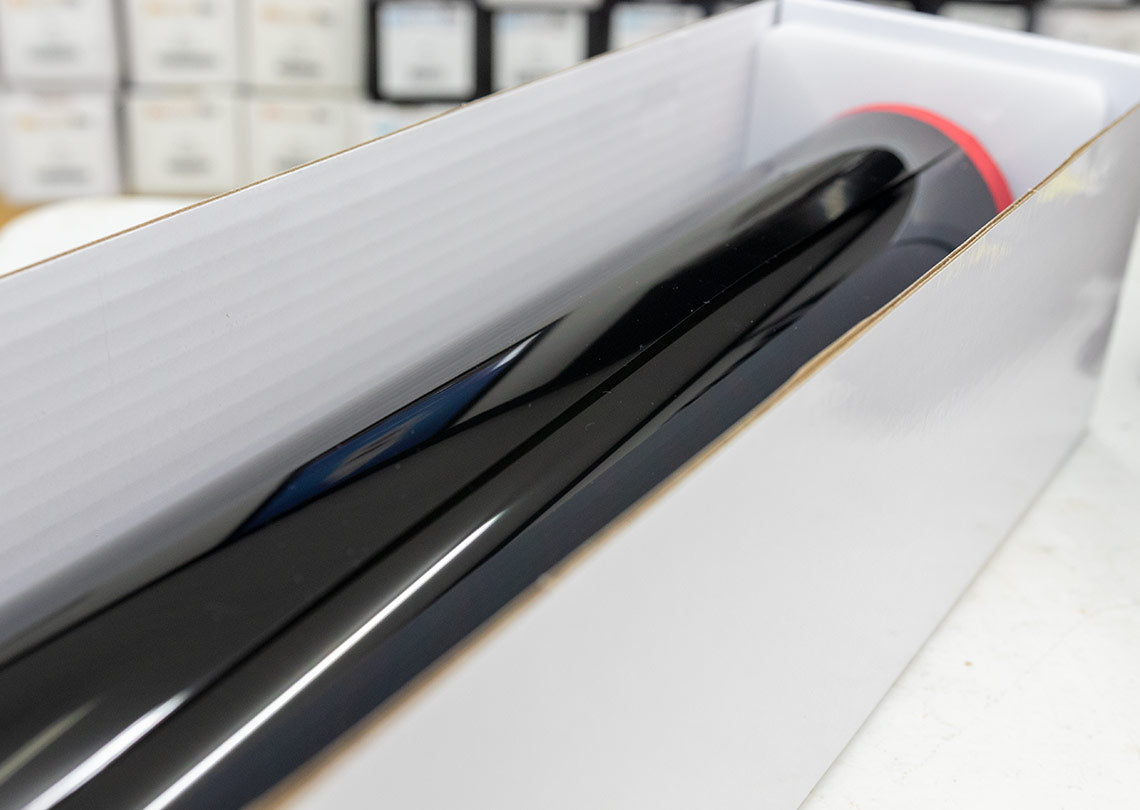Window Tint Mythbusters: Can You Trust Window Film Specs?

Hey, my name is Ralph and I'm at Flexfilm. This is my first video. I'm excited because it's a MythBuster video, a window tint MythBuster video. I'm about to turn your world upside down. I'm only using common sense and I'm going to shatter what you've been known to be true for, if you've been tinting 30 years, I'm going to turn it around for you right here right now. It's going to be not debatable and it's going to shock you, okay? This video is titled window film specs.
Here's what we've learned. This is my 30 plus year career all coming together in a cool video. And I got more of these coming to you as we go down the line. Okay. This is the coolest one. Specs. I get phone calls quite often. People ask me, "What are the specifications of your window film?" I see in social media people talking about the specs on their window film. I see people trying to compare specs of window film from one company to the next. Okay. What if I told you that these specs were wrong?
I don't want to mislead you right now and say the specs are wrong, but let me be more clear. The question is, do you think these specs are wrong for, this is the key phrase, comparative analysis? That means can we go to each company or manufacturer and ask for specs, get the numbers, and then take those numbers and compare them to other companies who also publish specs to determine which film performs the best? What do you think the answer to that question is? Is it true or false? Well, I'm going to go ahead and spoil it for you. It's false. You can't do it. We don't have to be scientific. We don't have to be nerds. There's just one simple explanation and I could prove it right now.
It's there's no standard in our industry. We have no standards. We're still in the wild west when it comes to automotive window film. I'm not talking about flat glass window film right now. This is just automotive window film and this is just in the window film industry, okay? With no standard, that means that each manufacturer has to determine a way to figure out what the specs are. One company may say, "I'm not going to disclose, we're not going to disclose how we're doing this. This is a trade secret." Okay. The next company may say, "We're using the SS2850 solar spectrometer, $80,000, broad spectrum, blah, blah, blah, blah. And this is our numbers." Oh, okay. Okay. You know, who knows what the next manufacturer is going to do and the next one and the next one? But how can you compare the same numbers when you have different ways of determining those numbers?
Here's my analogy. Take men, men have all kinds of appendages. Let's say you walk up to a man and say, "Sir, how big are your biceps?" What do you think they're going to say? They're going to say, "Well, my biceps are 18 inches or 21." Whatever. How did you determine that? They're all different answers? Was it flexed? Was it not flexed? Who measured it? Your girlfriend? Did you measure it? It doesn't matter. Every man in this example is going to have a different answer. And they're going to argue with you till the end of the day of how they figured it out and that their number's right. What do you think the manufacturer is going to do? They're going to use their own way of figuring it out. If you challenge them, they're going to tell you how they figured it out. Maybe they won't, but they're going to tell you that their way is right.
And okay, that's fine. I don't want to put any manufacturer distributor in the light that they're dishonest, but I will say, are they biased? I believe they are. I'm biased. I'm going to look at how I determine my figures because I need them to be as good as the guy down the street that's using some unknown method to determine how good his are that don't even maybe make any sense to me. I can go on and on with this, okay? But you cannot use specs for comparative purposes, period. So if I make this bold statement and you're starting to pick up what I'm putting down, that poses a question. Ralph, if what you're saying is true, how am I going to know what film is better than the other film? What advice do you have for me? Well, I have an opinion. Now, opinions are debatable. I will be the first to tell you that. This brings me to my props, okay? I have two props.
like the present it this way, in its nice case. I have an EDTM product. This is referred to as a solar spectrum meter. And this is a model number SS2450. You know, you can go to Flexfilm and we sell these. There's a lot of other places that sell them as well. So why am I bringing this meter out? Okay. In my humble opinion, and I could be wrong, or maybe the date on this video, maybe you need to pay attention to it because something else has come out when this video was made. But today, for under a thousand dollars, this is the best meter I have found on the market. That that is where I'm at, okay? This meter is a broad spectrum beam splitter. Okay. It will actually tell me how much solar energy will pass through window film and either make it or not make it to the other side. That's what this information is going to give me. Now, this will only go out to 1,700 nanometers.
There are more expensive, more elaborate ways to use the technology like this. There's $80,000 solar spectrometers that give you more accurate data. But I believe at 1,700 nanometers that we are going to be somewhere around plus or minus 3% accurate. Okay. That is good enough for me. I'm going to be okay with the plus or minus 3% because I know that I can take anybody's window film and I can put it in here and I can get the information that I need to know how much solar energy is getting through this piece of film and making it to the other side of the glass. And then I can use the same instrument to compare the next film, the next film, and the next film, and I will know which one is going to be better than the other.
But that's not all. There's another problem. This machine will not tell me how well the window film slows down heat. You see, performance in window film is basically two parts. The first part is how much energy gets through it. The second part is, once that energy is absorbed and builds up heat, how well does it slow it down? Well, you need a ceramic layer to do that. And how do I know which ceramic layer and what film's better than the other? I'm not going to be relying on a number. I'm not going to be relying on somebody's opinion. I'm going to go here, okay? This is a heat box, okay? I can push this button. And this heat sheet tells me if there's heat there or not. I can put a piece of film in front of it. I can put it here like this, nothing fancy. I can push the same button if I can find it and I can slow it down. If this film is good, it'll slow it down.
Now, if this film is doing its job, I put my hand on the other side of it, I can feel how well it's slowing the heat down. Either it's going to slow it down or it's not. And if I want to know which film is better than the other, I will listen to my hand. I will look at this heat sheet and I will be able to tell you which one slows heat down the best. It's that simple. Either it's going to work or it's not. So I can tell you what the horsepower is in the film, which is the solar energy transmission. And I can tell you how well it slows down heat. That's all I need to know.
There is nothing that can fool me here, okay? I got the data I need here. I got the data I need here. I don't want to go to the manufacturer and rely on how they came up with the answer to my question because they will let me down 100% of the time. Just like if you go to some man and say, "Wow big is your bicep?" You're never going to get the same answer twice. You're just not going to do it. And it's the same principle. So, that's MythBuster video number one. You cannot rely on these window film specs anywhere for comparative purposes in the automotive side of this business, period. You have to know how to do it yourself to survive. And if you don't, you're going to be a victim of marketing.

Dealer Rewards
Start earning points that can be applied as store credit on your next online purchase.

Order Online 24/7
Shop our products online and check out anytime, 24/7, from anywhere!

Call To Order
Call us directly to place your order during business hours, Monday - Friday, 8:00 AM - 4:00 PM CST.
